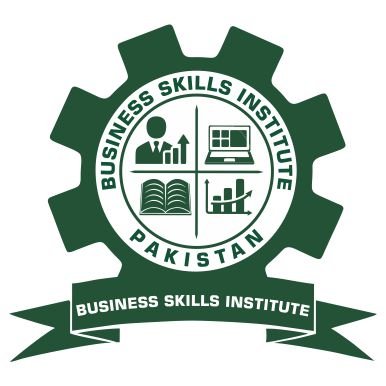This course is a comprehensive guide to modern web development using three of the most popular JavaScript frameworks: React, Angular, and Vue.js. You'll learn to build dynamic web applications, understand the core concepts of these frameworks, and explore how they fit into the broader context of full-stack development.
Prerequisites:
- Basic knowledge of HTML, CSS, and JavaScript.
- Familiarity with web development concepts is helpful but not required.
Course Duration: 12-16 weeks (adjustable based on the pace of the class)
Course Outline:
Module 1: Introduction to Modern Web Development
- Overview of React, Angular, and Vue.js
- Setting up a modern development environment
- Basics of front-end vs. back-end development
- Introduction to Node.js and npm/yarn
Module 2: Building with React
- React fundamentals (components, JSX)
- State and props in React
- React Router for navigation
- State management with Context API and Redux
- Building a React application
Module 3: Angular Essentials
- Introduction to Angular and TypeScript
- Components, templates, and data binding
- Routing and navigation in Angular
- Services and dependency injection
- Building a simple Angular app
Module 4: Vue.js and Reactive Web Development
- Understanding Vue.js and Vue components
- Vue instance, directives, and template syntax
- Vue Router for navigation
- State management with Vuex
- Building a Vue.js application
Module 5: Working with APIs and Back-End Integration
- Making API requests using Axios/Fetch
- Integrating with RESTful APIs
- Authentication and user sessions
- Handling data from back-end servers
Module 6: Full-Stack Development with Node.js and Express
- Introduction to Node.js and Express.js
- Building a RESTful API with Node.js
- Database integration (MongoDB or other databases)
- Authentication and user management
Module 7: Advanced Topics in Web Development
- Testing and debugging strategies
- Performance optimization and best practices
- Real-time web applications with WebSockets
- Progressive Web Apps (PWAs)
- Deployment and hosting options
Module 8: Integrating Front-End Frameworks with Back-End
- Connecting front-end applications to the back-end API
- Cross-origin resource sharing (CORS)
- Authentication flow between front-end and back-end
- Handling data validation and errors
Module 9: Version Control and Collaboration
- Git and GitHub/GitLab/Bitbucket
- Collaborative development workflows
- Code reviews and best practices
- Continuous integration and deployment (CI/CD)
Module 10: Final Projects
- Students will work on full-stack web development projects using React, Angular, or Vue.js, showcasing their skills in building dynamic web applications. Projects may include e-commerce sites, social media platforms, or other real-world applications.
Assessments:
- Weekly assignments and quizzes
- Midterm projects (developing front-end applications)
- Final projects (full-stack web applications)
- Participation in code reviews and collaborative development
Resources:
- Framework documentation
- Online tutorials and articles
- Recommended readings and references
This course outline can be adapted and extended based on the specific needs of the students and the depth of coverage required for each framework. Practical hands-on coding exercises, real-world projects, and group collaboration should be an integral part of the course to ensure students gain practical experience in web development with React, Angular, and Vue.js.

